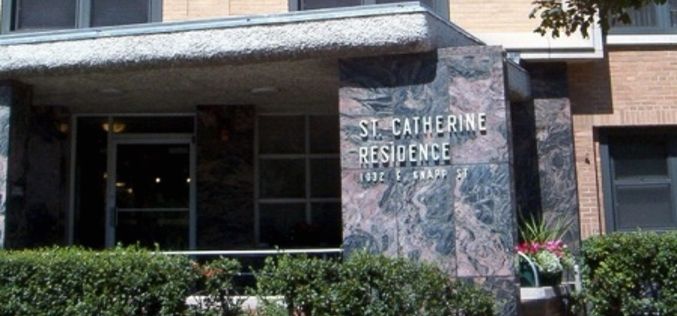In the city of Milwaukee, Wisconsin, supportive housing options significantly assist residents who are experiencing homelessness, or are at the risk of becoming homeless due to financial instability, disabilities, or other challenges. Several influential institutions and programs are in force helping individuals, families, elderly, and people with special needs access safe, affordable, and habitable living conditions.
The Wisconsin Department of Health Services (DHS) offers a variety of programs to support housing needs for those with low income and individuals with disabilities. One such initiative, the Division of Care and Treatment Services, provides funding to counties for supportive housing services for individuals with mental health conditions and substance use disorders.
Under the DHS, the Section 8 Housing Choice Voucher program also takes an essential part in offering rental assistance to the low-income families and individuals. It allows them to choose and lease or purchase safe, decent, and affordable privately-owned rental housing.
Federally-subsidized programs through the U.S. Department of Housing and Urban Development (HUD) are available in Milwaukee. HUD's Continuum of Care program promotes community-wide commitment to the goal of ending homelessness by providing funding for efforts by nonprofit providers and state and local governments. Additionally, the Housing Opportunities for Persons with AIDS (HOPWA) program provides housing assistance and related supportive services for low-income persons living with HIV/AIDS and their families.
Milwaukee County's Housing Division provides a variety of supportive housing programs for chronically homeless individuals and families. The Division operates schemes, such as the Permanent Supportive Housing Initiative, that provides supportive services paired with housing to homeless individuals with disabilities, mainly those with chronic mental illness, substance use disorder, and HIV/AIDS.
A myriad of non-profit organizations in Milwaukee also take part in providing supportive housing options. Among them, Community Advocates' Housing Department focuses on preventive measures to homelessness and helps those with poor housing conditions through its programs, which include the Low-Income Home Energy Assistance Program (LIHEAP), Milwaukee Women's Center and their Autumn West Safe Haven.
Another non-profit organization, Pathfinders, offers a variety of housing options for youth facing homelessness or housing instability. Pathfinders’ Housing programs avail several services such as the Drop-In Center, Q-Blok (for LGBTQ+ youth), and the Riverside Permanent Supportive Housing Program for youth with disabilities.
For veterans experiencing homelessness, the U.S. Department of Veterans Affairs (VA) provides resources through its Supportive Services for Veteran Families (SSVF) program. In Milwaukee, Center for Veterans Issues (CVI) operates on behalf of the VA to offer housing support and assist in accessing VA benefits and services.
In conclusion, various programs and institutions, from state and federal agencies to non-profit organizations, provide supportive housing options in Milwaukee, Wisconsin. These programs aim to prevent homelessness, promote housing stability, and strengthen the well-being of individuals and families in need. Through subsidies, direct assistance, and strategic partnerships, Milwaukee has been able to create a strong network of support for the marginalized and at-risk members of the community.
